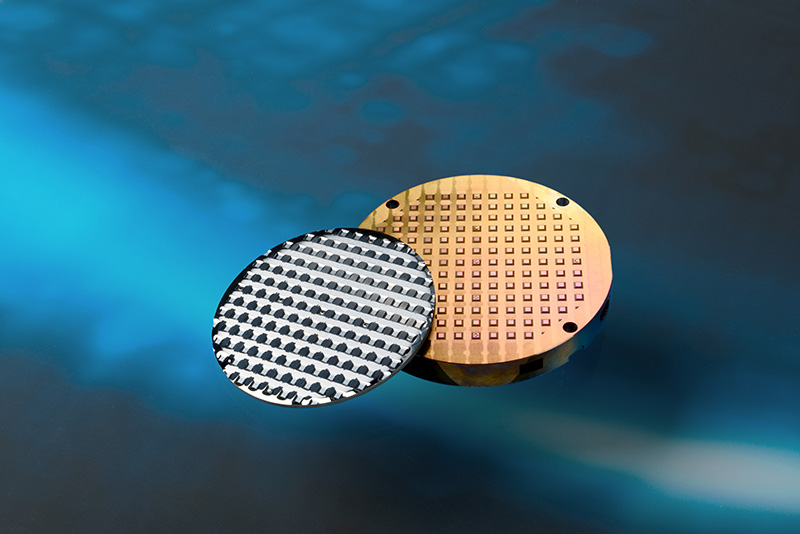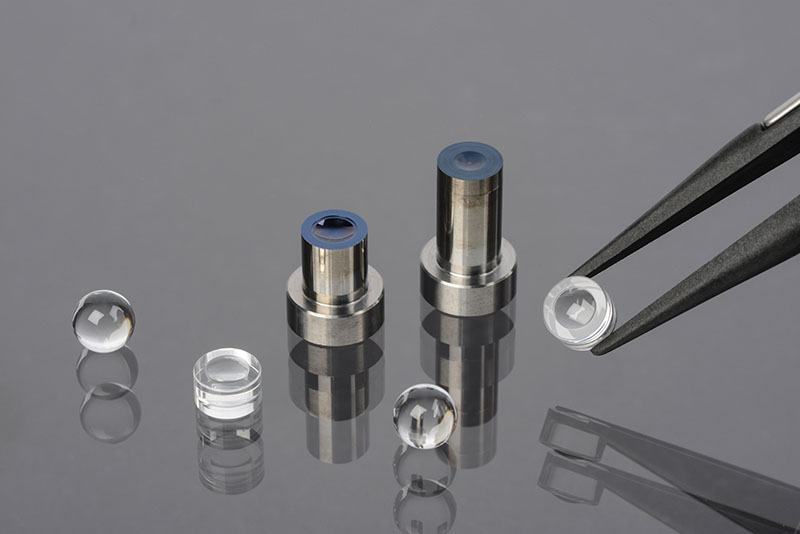Increasing productivity with data analysis and AI methods
AI applications and machine learning promise manufacturing companies greater productivity and increased efficiency. Examples of this include more precise maintenance scheduling (maintenance prediction), optimized production program planning and more reliable quality controls. Prototype applications show promising results, but are often not sustainably integrated into the production infrastructure and offer no long-term added value for users. Prototypes cannot be scaled and are ultimately uneconomical.
The Intelligent Quality Platform (IQP) bundles these modern applications under one roof. From anomaly detection to visual quality control, the IQP is a software platform for deploying, monitoring and continuously optimizing industrial machine learning (ML) applications. The IQP enables efficient and economical use of different ML applications from different production areas through standardized integration, monitoring and parallel operation. The platform uses standardized structures to minimize the additional effort required to recreate already developed processes for individual AI and data analysis projects.
Benefits at a glance:
- For management: Overview of different ML applications
- For production. Machine learning improves efficiency on the shopfloor
- For software development: Practical insights for successful ML implementation
More questions?
If you have further questions, please contact our expert Lars Leyendecker directly:
Lars Leyendecker M.Sc.
Telefon +49 241 8904-314
lars.leyendecker@ipt.fraunhofer.de

